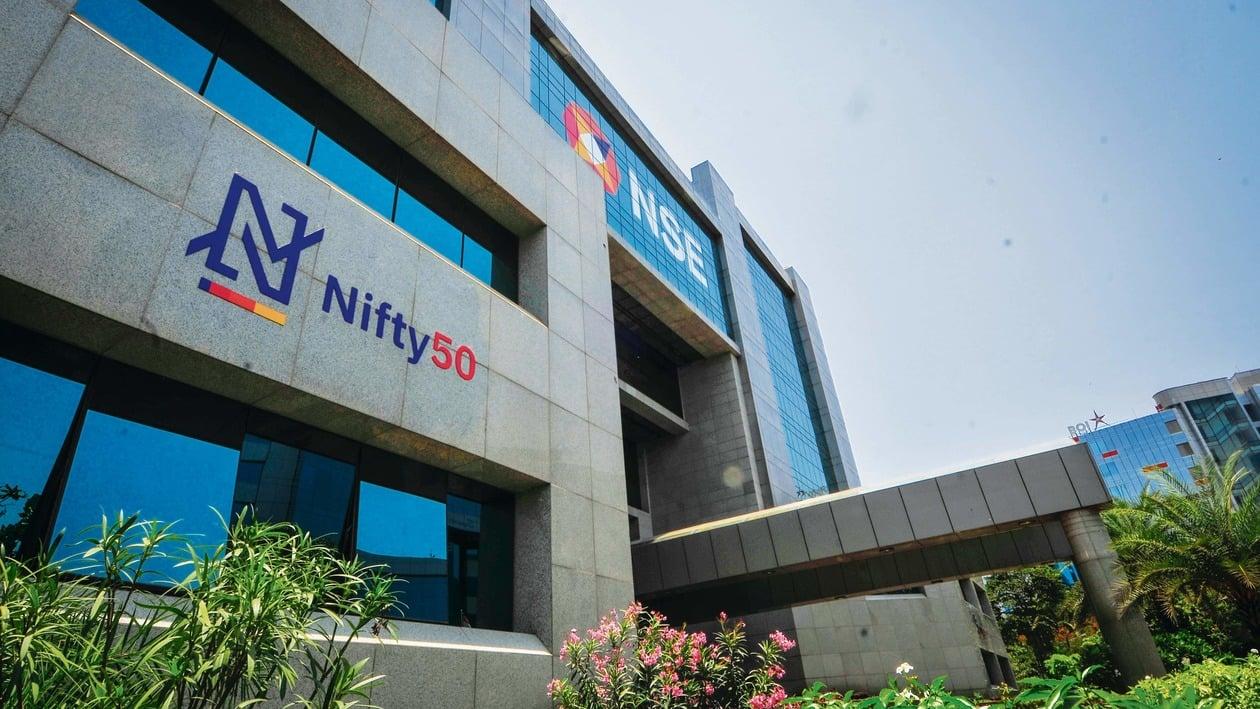The stock market is volatile in nature and keeps changing regularly. The changes are driven by a range of factors. Market indices incorporate these factors and give an overall indication of the performance of financial markets, and of the nation’s economy. After closely monitoring the indices, the investors can make rational investment decisions.
What is a Market Index?
A market index is an indicator of the overall performance of all the companies listed in the stock exchange. It is the measure of several factors such as the performance of the market, price variations, etc in the stock market.
The stock market index reflects all the changes that take place in the stock market. These indices facilitate the investors to identify the patterns of the stock market movement and allow them to make investments in stocks accordingly.
Sensex and Nifty are the indices of BSE and NSE, respectively. While the stock exchanges list the stocks in the market, the stock indices detail movements that take place in the market.
What is Sensex?
The Sensex, the market index of BSE which is also known as S&P BSE Sensex, is one of the oldest market indices in India. Sensex stands for Stock Exchange Sensitivity Index. It consists of the top 30 companies listed with BSE for trading.
The Sensex is calculated by using the free-float market capitalisation method and through this, the performance of thirty companies gets reflected. The free-float market capitalisation method shows a proportion of shares that are ready to be traded and are issued by the companies to the public in the market.
To calculate Sensex, the market capitalisation has to be calculated by multiplying outstanding shares of a company with their prices. Then, the free-float market capitalisation has to be calculated with the free-flow factor.
Finally, to calculate the value of Sensex, the free-float market capitalisation value is divided by the base value or the index divisor of 100. To note, the base value for Sensex is 100.
What is Nifty?
Nifty, a stock market index of the National Stock Exchange, stands for National Stock Exchange Fifty. Nifty comprises top 50 companies that are traded in the NSE. The method used to calculate Nifty is the same as Sensex, i.e., the free-float market capitalisation method.
At the outset, market capitalisation is computed to calculate Nifty. The equity and market price are multiplied in order to calculate market capitalisation. Then, equity capital is multiplied with the price for finding out the free-float capitalisation.
Further, the result will be multiplied by the Investable Weight Factor (IWF) to obtain free-float market capitalisation. The IWF indicates the proportion of the shares that investors can trade in the stock market.
To note, the base value for calculating Nifty is 1,000. The current market value is divided by the base market capital and then it is multiplied by the base value, i.e., 1,000, for the index value of Nifty on a daily basis.
Difference between Sensex and Nifty
- Sensex stands for Stock Exchange Sensitive Index and it is a stock market index for BSE, whereas, Nifty stands for National Stock Exchange Fifty and it is a stock market index of NSE.
- Nifty is operated by a subsidiary of NSE called NSE Indices Ltd. On the other hand, Sensex is operated by BSE.
- The base index value for Sensex is 100, while the base index value of Nifty is 1000.
- Sensex comprises 30 well-established companies, whereas, Nifty comprises 50 top companies that are listed for trading on BSE and NSE respectively.
Factors that cause changes in an Index
There are multiple factors that influence the movement of Sensex and Nifty:
Firstly, the condition of the global economy has a huge impact on indices. A recession in the global economy worsens the performance of the index.
Secondly, inflation causes a negative impact on the performance of indices. This is because inflation leaves the investors with fewer funds to invest in the stocks of the companies. Moreover, the companies also suffer from high costs in the economy and thus there will be a downturn in the stock market.
Crucially, the changes in the interest rates causes a downward movement in the stock market. With an increase in interest rates, the cost of lending also rises. To manage the cut-down on lending, the companies reduce their expenses and this further hampers the performance of the company in the stock market. This leads to a decline in index performance.
The market indices are an indicator of investors’ sentiments. They help the investors to understand the market conditions and enable them to make rational decisions relating to their investment.
